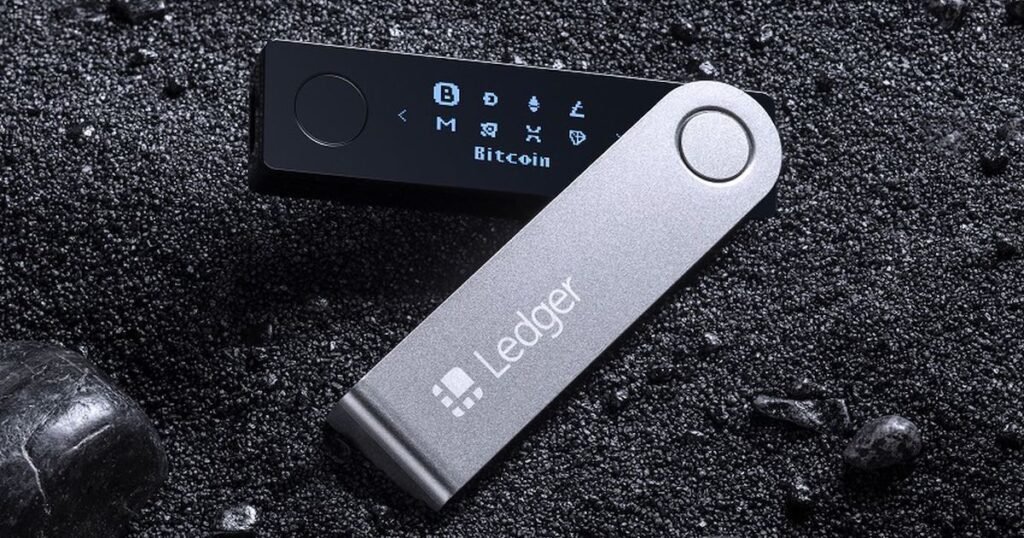A key aspect of cryptocurrency as a concept is the full control it gives users over their crypto assets. This makes personal security and safekeeping of crypto assets a front-burner issue in the crypto industry. The debate on how best to safeguard your crypto assets and keep them safe from harm or theft has always been a mainstay in the crypto industry.
The debate about Hard tokens or Soft tokens is usually recycled every now and then with crypto users speculating on which is best for the average crypto user given their unique abilities.
Crypto users have always pondered on whether hard tokens like Ledger are the way to go or soft tokens like the Binance Web3 Wallet and Coinbase Wallet.
Our article dives into the core of the debate shedding more light on the unique abilities of the two different kinds of tokens while revealing that a combination of both kinds of tokens might be the answer to the heated debate.
We are going to pick the two kinds of tokens one after the other to examine their strengths, weaknesses, and best use cases.
What is a Hard Token?
A hard token is a physical device that allows its user to grant access to a network or a system.
Hard tokens are Physical and tangible items that you can hold in your hands and feel.
To ensure authentication and security of valuable assets Hard tokens generate one-time passwords (OTPs) or use cryptographic methods.
Examples of Hard tokens include Ledger Nano X, YubiKey, RSA Secuir ID
Mechanism
The mechanism of Hard tokens involves generating a unique code under a limited time frame (30 seconds) that users must enter to gain access to a protected resource or valuable asset.
The code employed by Hard tokens is often synchronized with a server, adding an extra layer of security.
Hard tokens, being physical and not connected to the internet, are safe from hackers, unlike soft tokens.
Where are Hard tokens most used?
Hard tokens are used across various industries. They are used in the Crypto industry for Cryptocurrency storage, Government and Military to protect sensitive data, Personal security to store passwords and protect Email Accounts, and corporate security to handle sensitive data.
What is a Soft Token?
Soft tokens unlike Hard tokens are software-based. These tokens are steadily connected to the internet and are domiciled on your mobile device, computer, or other internet-connected gadgets.
Soft tokens provide a convenient way to secure assets and authenticate digital transactions without the need for a physical Item. Examples of Soft Tokens include Binance Web 3 Wallet, Google Authenticator, and Coinbase Wallets.
Mechanism
Soft tokens work just like Hard tokens by generating a unique time-sensitive code. Unless this time the code is generated by a software program. When you log into an account or any service you will need to enter this code to authenticate and verify your identity.
Soft tokens are more convenient and flexible but due to their constant connection with the internet, they are susceptible to cyber-attacks and scammers.
Where are Soft Tokens most used?
Soft tokens are mostly used in the cryptocurrency industry for cryptocurrency transactions, Online Banking to enhance security and secure customer accounts, and Two-factor Authentication used by top social media companies to secure customer accounts.
Hard Token vs Soft Token
Now that we have talked about Hard tokens and Soft tokens as separate entities, it is time to compare both and arrive at a conclusion. It is now clear both methods have unique strengths and weaknesses
Hard tokens, like the Ledger hardware wallets, provide their users solid security for long-term storage by keeping private keys offline away from the reach of cyber-attacks and crypto scammers.
On the other hand, soft tokens, such as the Binance Web3 Wallet and Coinbase Wallet are big on user experience, offering its users flexibility and convenience.
With that being said we can deduce that both methods are not mutually exclusive and the best option for crypto users is combining them to benefit the best of both worlds.
By leveraging the unique features of both methods users can achieve wholesome protection for their digital assets.
We hope we were able to address the Hard token vs Soft token debate extensively. The solution for every user lies in finding a middle ground.






